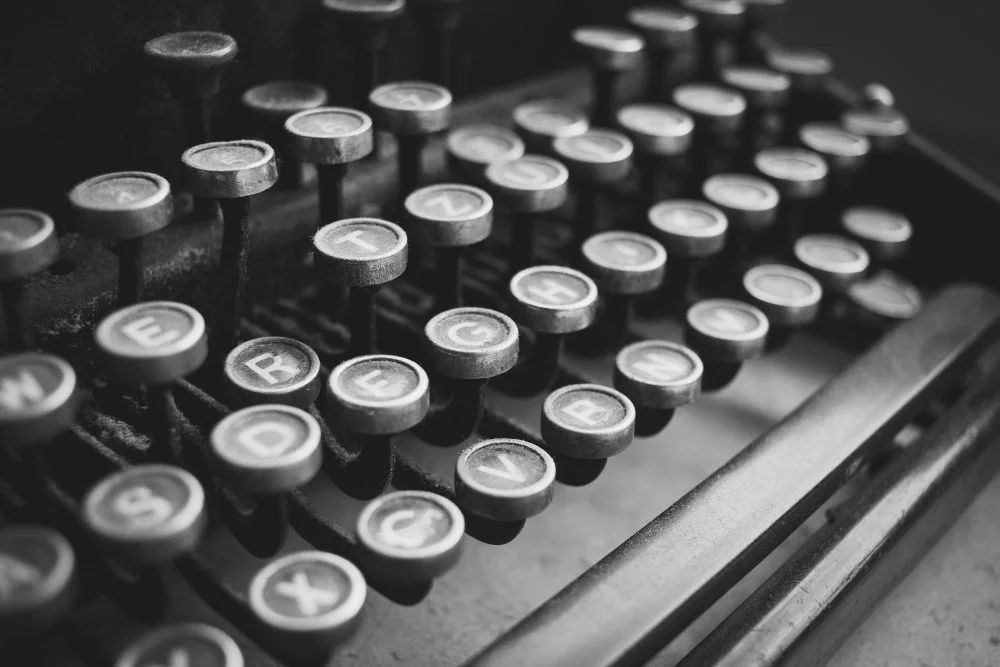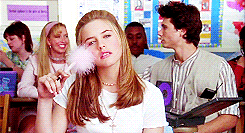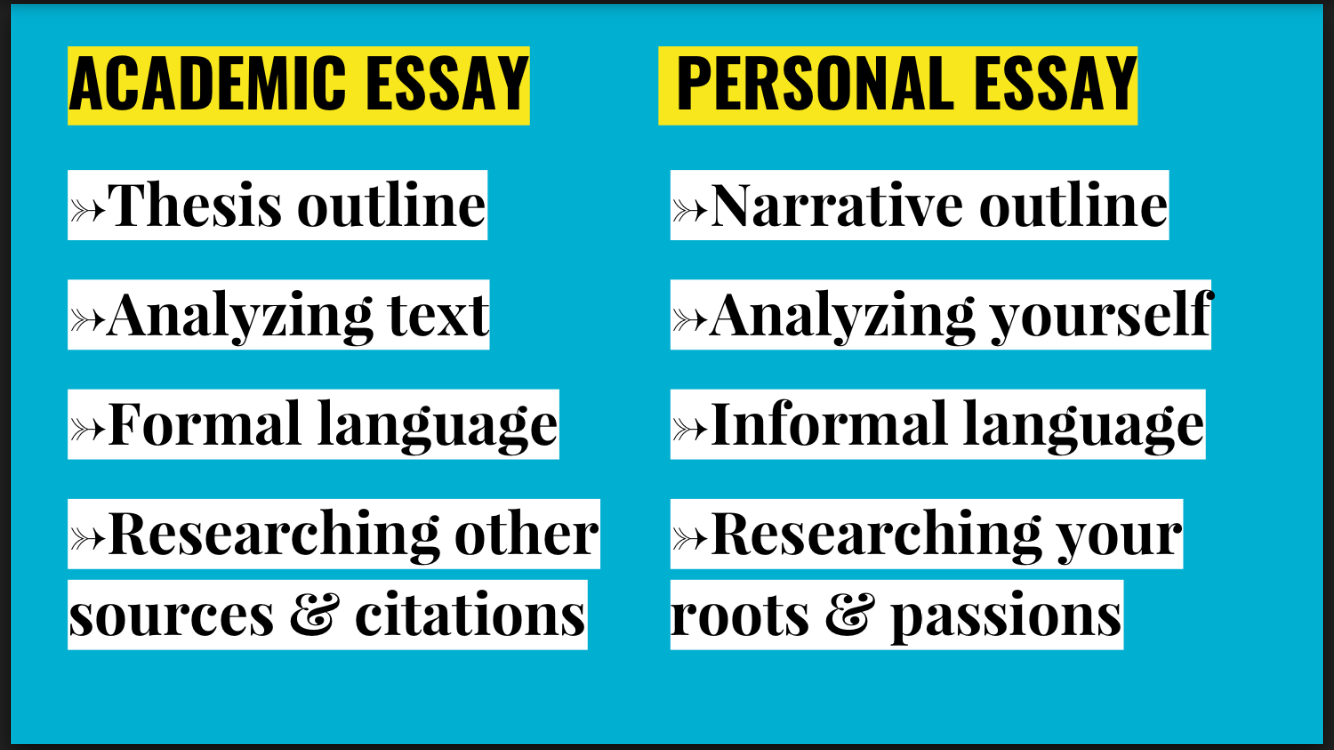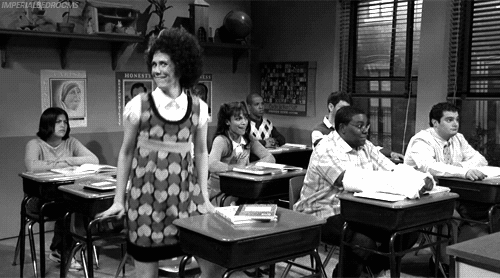Calling all juniors (and precocious sophomores)! Now that you’re done with class and homework and finals and extracurriculars, this weeklong break is your perfect opportunity to prep for your admissions essay. The personal statement is incredibly difficult to master, especially since most schools don’t emphasize creative writing in their curriculums. The best way for you to learn a brand new way of writing is to read the best examples of that writing. Consider the below your personal essay master class.
1) Bossypants by Tina Fey
If memoirs aren’t really your thing, try a humor memoir. This New York Times bestseller by the former Saturday Night Live head writer is one of my all time faves! Other hilarious humor essayists to check out are Nora Ephron, David Sedaris, Amy Poehler, Mindy Kaling, Jess Klein, and more. If your friends would describe you as funny, you should try a draft that takes a humorous approach. Even one self-deprecating line can do a lot in making you seem more approachable and likable, which is personal essay gold.
2) The Year of Magical Thinking by Joan Didion
After discovering your inner humorist, you should take a look at the classic memoir genre. One of the most important aspects of a personal essay is the self-reflection and that’s what a memoir is all about. If you’re not sure what you like, go to your local bookstore and check out the memoir section and browse until you find something interesting. The New York Times bestseller list is a great place to discover those too.
3) Bird By Bird by Anne Lamott
This is both a beautiful memoir and a great intro to writing that professional writers swear by. This book is a go-to for when you’re stuck with writer’s block. It is one of the most quotable and memorable books for a reason!
4) On Writing The College Application Essay by Harry Bauld
My English teacher introduced this gem to me in high school and it was a game changer. Written by a former admissions officer and English teacher, this book is what gave me the writing mantra I still swear by today. Full of great example essays, the book also breaks down the all the elements of a standout essay. I swear by this! If you do one thing, get this book.

































